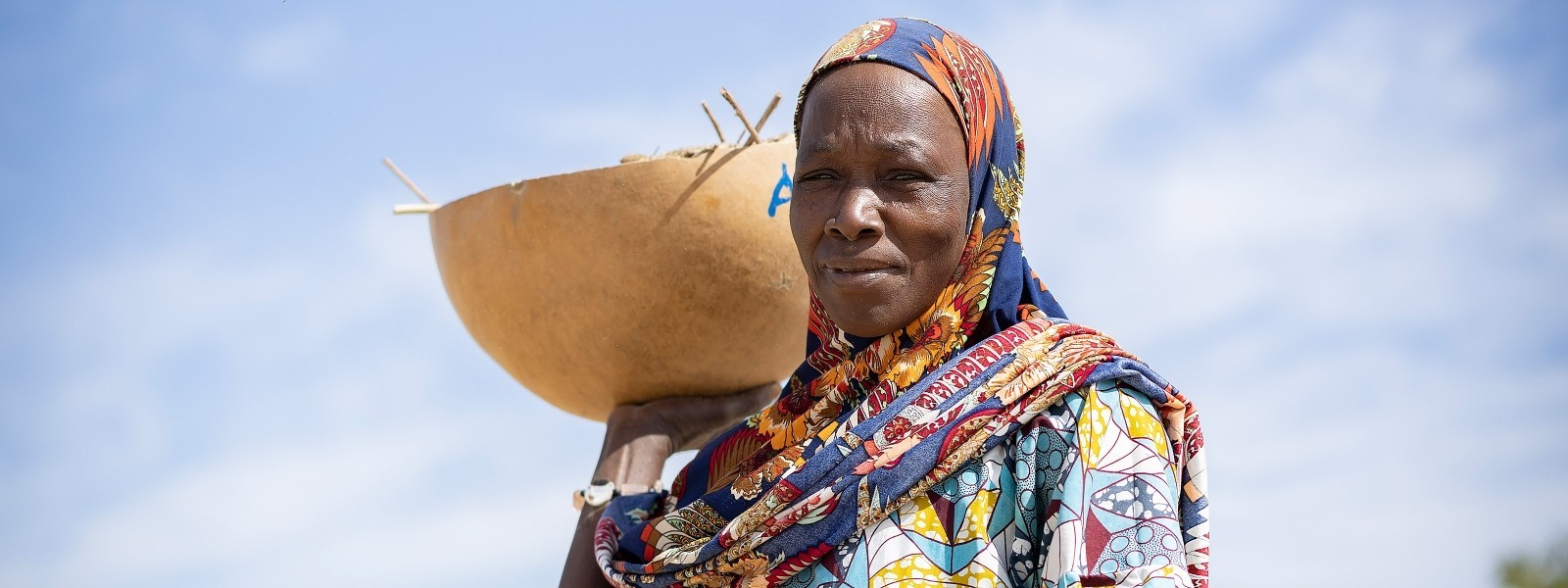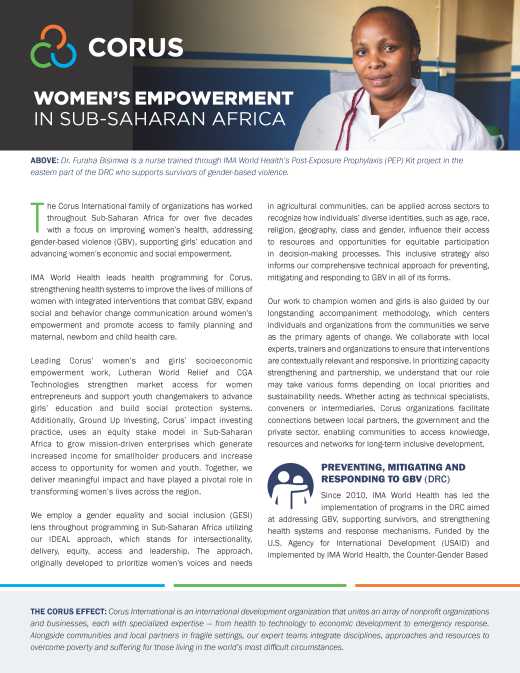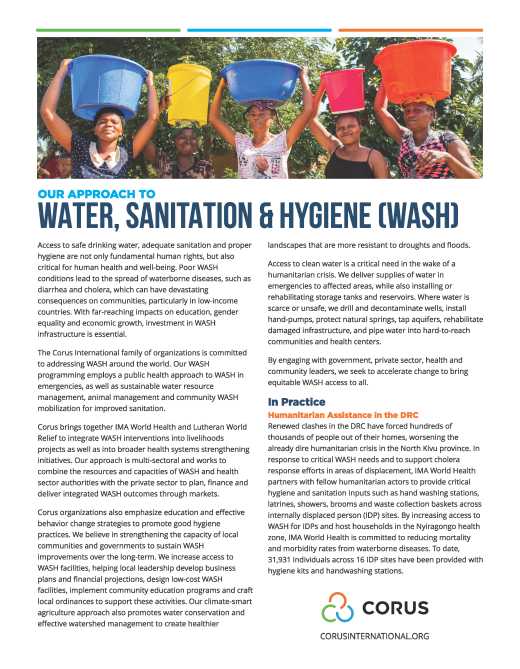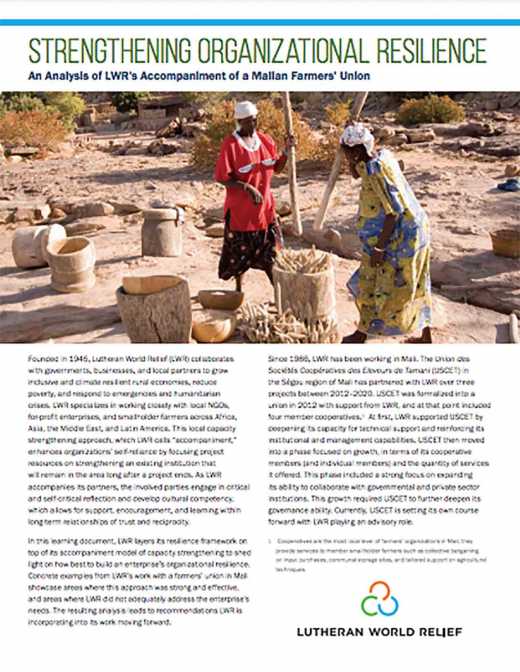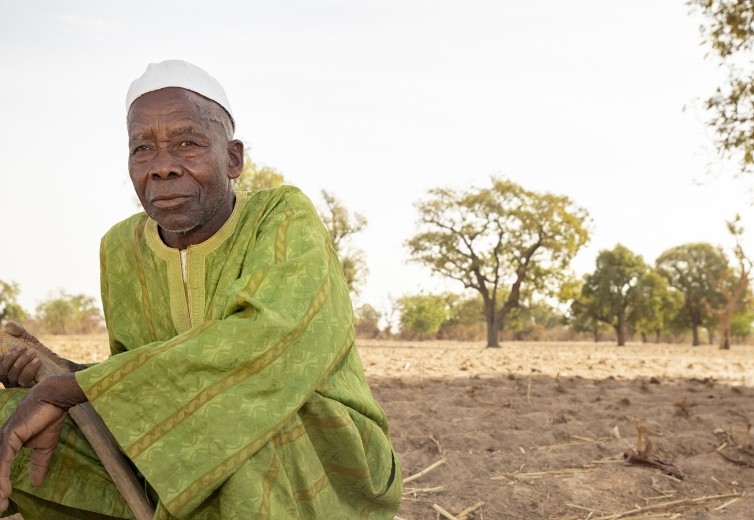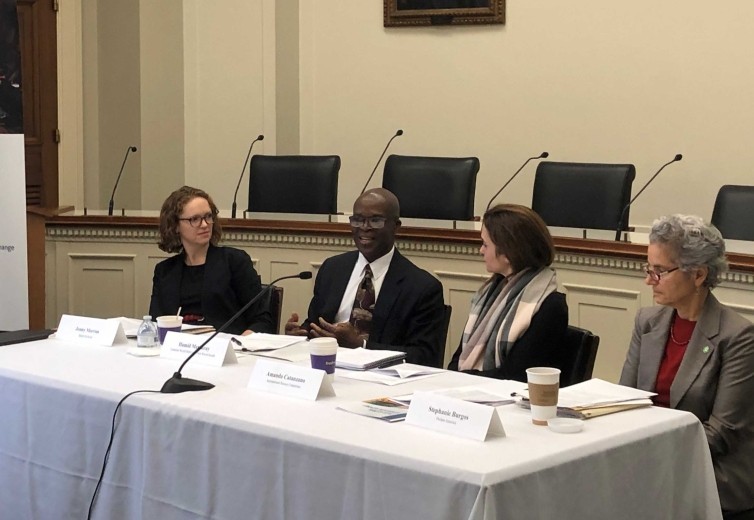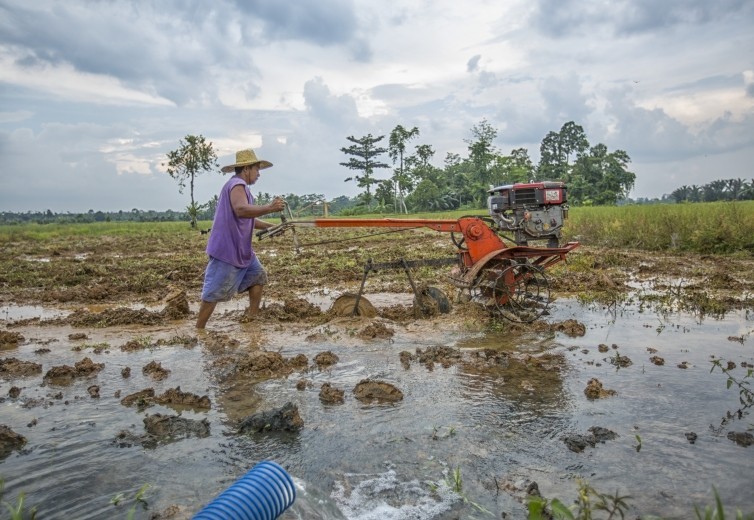Our Work in Mali
LWR began working in Mali in 1986 to address drought-related famine and continues to partner with rural communities to address the root causes of poverty and lay the groundwork for greater food and nutritional security. LWR centers its current programming on resilient livelihoods by improving local agricultural production and promoting equitable access to resources to ensure rural families can withstand the new realities of climate change. In times of emergency, LWR works with its national, district-level and local partners to address immediate life-saving needs and longer-term recovery with interventions that build future resiliency and sustainable livelihoods. LWR currently works in the Mopti, Ségou, and Sikasso regions of Mali and has local partners in Gao and Timbuktu.
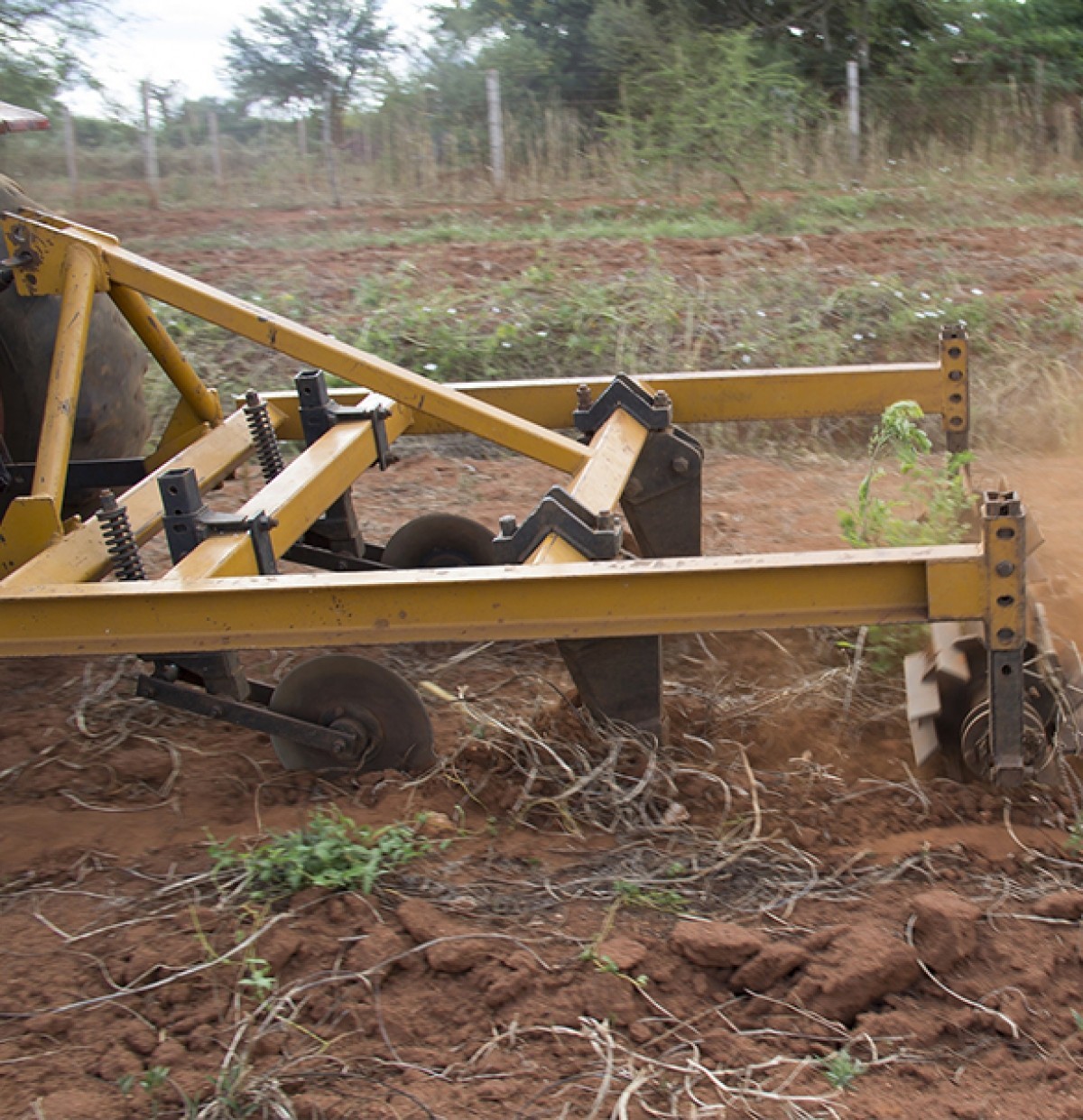
Agriculture: Value chains and climate smart agriculture
LWR improves the lives of thousands of rural farm families in Mali by improving their participation in agricultural value chains and strengthening their livelihood base. LWR works with partners to improve smallholder farmer cultivation, processing and marketing capacity in rice, sesame, and fonio value chains. Recognizing women’s important role in agricultural production, LWR works to enhance their productive resources and incomes, through training in value-added postharvest handling and marketing. LWR strengthens the capacity of agricultural cooperatives and unions that serve these farmers with training in governance and financial management, facilitating joint negotiation of credit and other services, and strengthening cooperative sales and marketing.
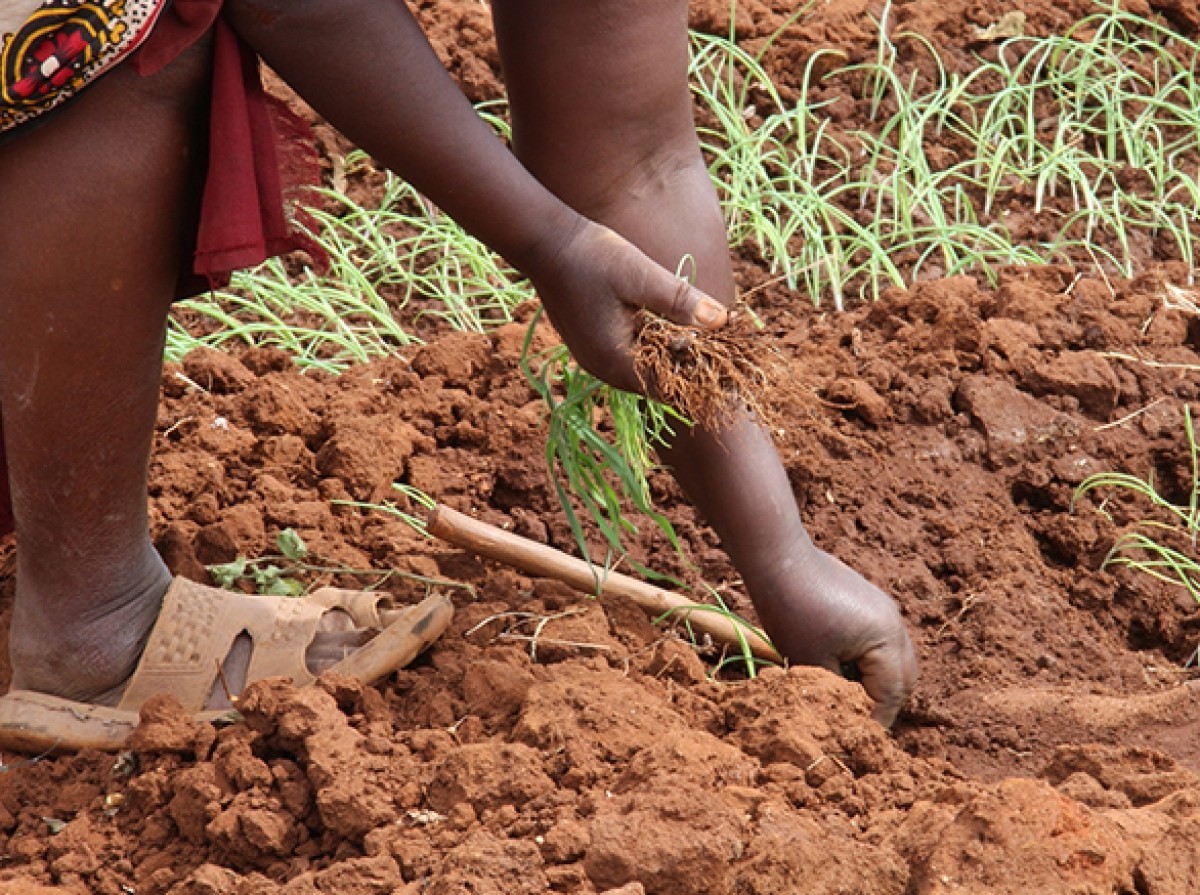
Climate: Building resilience through conservation
In Mali, LWR reduces marginalized rural populations’ vulnerability to ongoing environmental degradation and the effects of global climate change through long-term, sustainable development and emergency projects that meet immediate needs while building resilient communities. LWR supports the environmentally sound and economically viable rehabilitation and community-led management of irrigation canals and systems. LWR organizes and trains community members to ensure long-term community management of water resources.
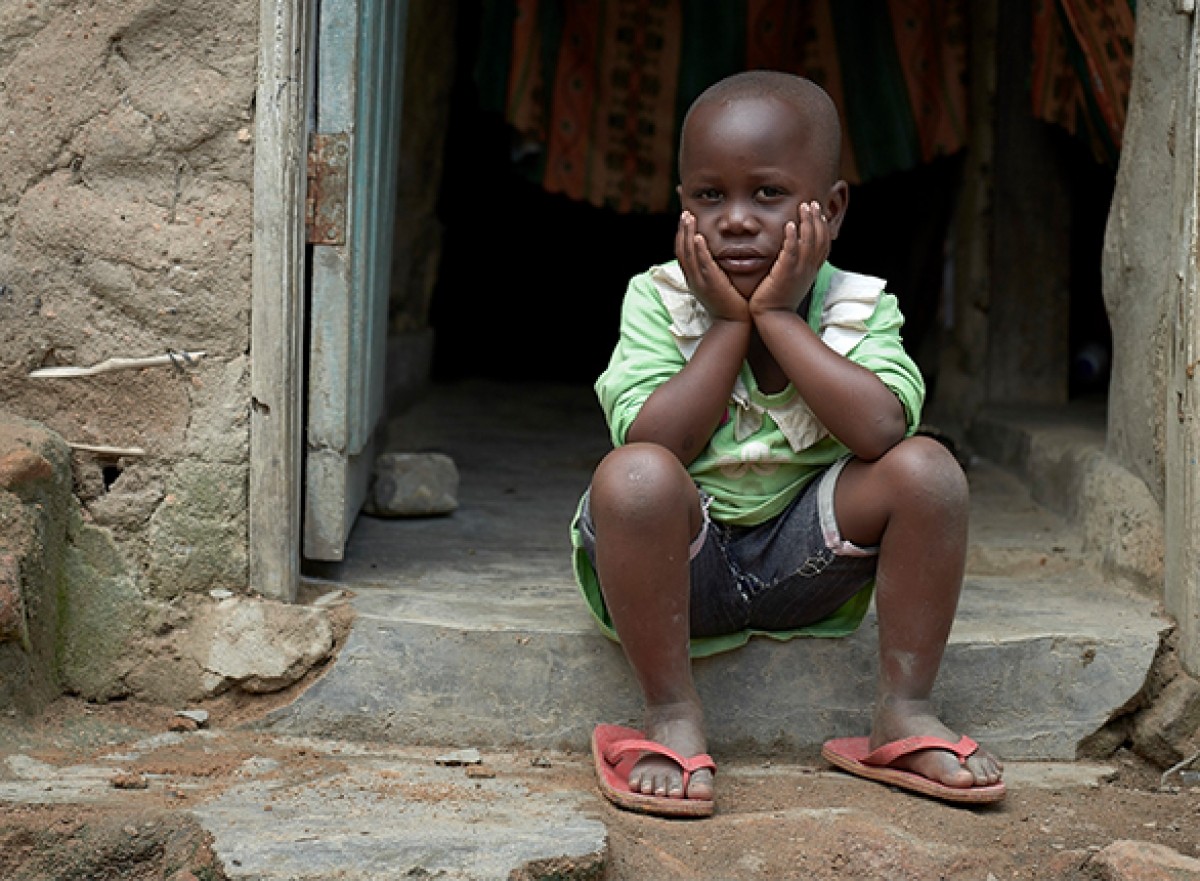
Emergency response: From relief to recovery
LWR’s established experience and strong relationship with communities in Mali place it in a privileged position to respond in close partnership with local actors according to their identified needs in emergency situations. LWR has collaborated with donors such as the Bill & Melinda Gates Foundation and our Lutheran faith-based partners to support these locally designed interventions and to strengthen capacity of local civil society organizations to lead in support of their communities in times of crisis. Examples of immediate life-saving assistance include distribution of supplementary food, food vouchers, multi-purpose cash transfers to the most vulnerable members of the population, access to water and sanitation, and protection of women and children. At the same time, LWR supports longer-term livelihoods recovery by helping families build back their agricultural assets and by strengthening social capital for more resilient communities. LWR also uses these approaches to serve refugees from neighboring countries, internally displaced populations fleeing conflict, and the host communities where they land.
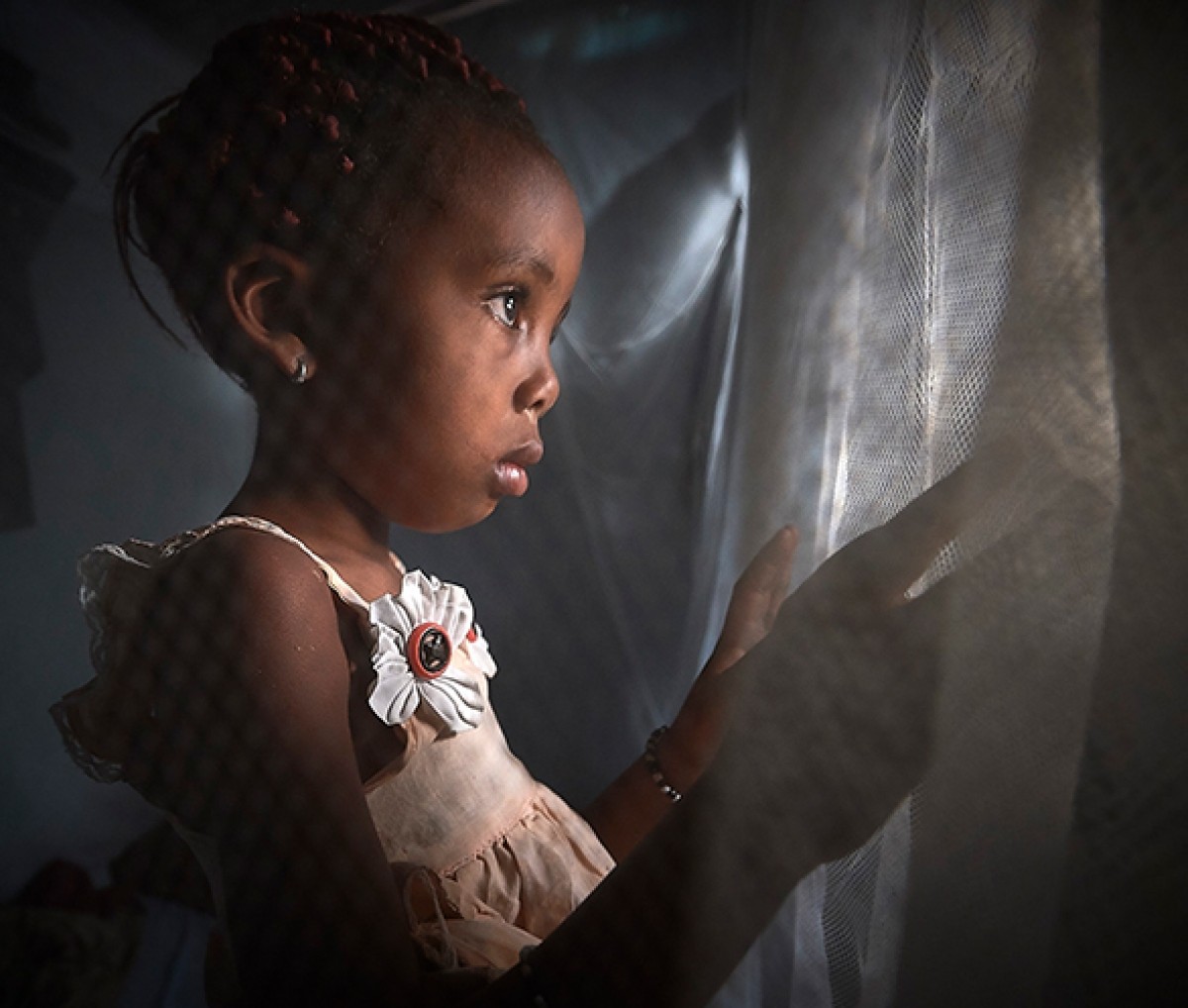
Health and livelihoods: innovative Partnerships to fight malaria
In Mali, with generous support from USAID, LWR works with national NGO, private sector and community-based partners to improve rural populations’ access to malaria prevention and treatment. Prevention programs help reduce the incidence of malaria through behavior change communication focused on disease recognition, early treatment and the correct and consistent use of insecticide-treated nets. LWR has also piloted community-managed health insurance mechanisms that subsidize members’ health care costs and encourage access to timely diagnosis and treatment in community health centers.
